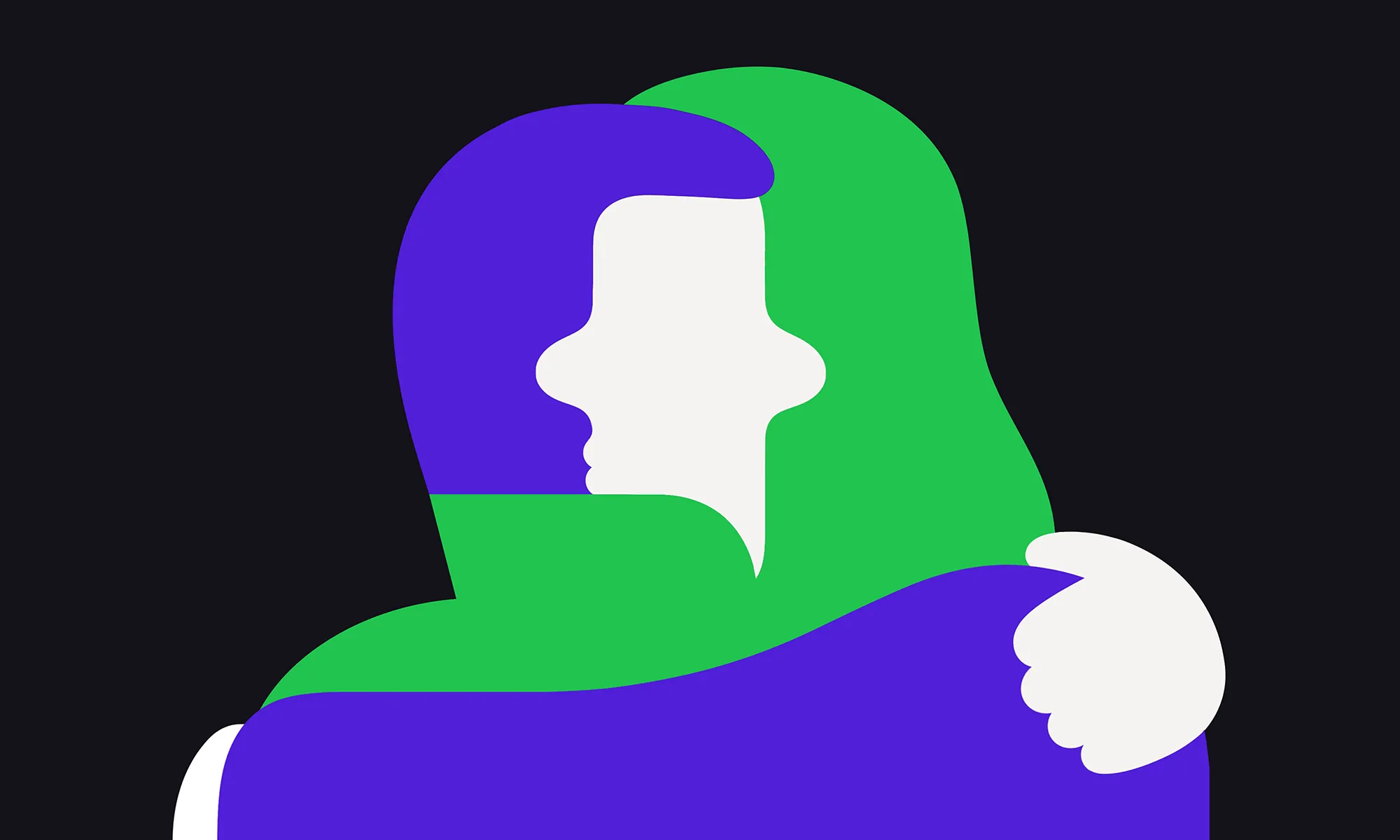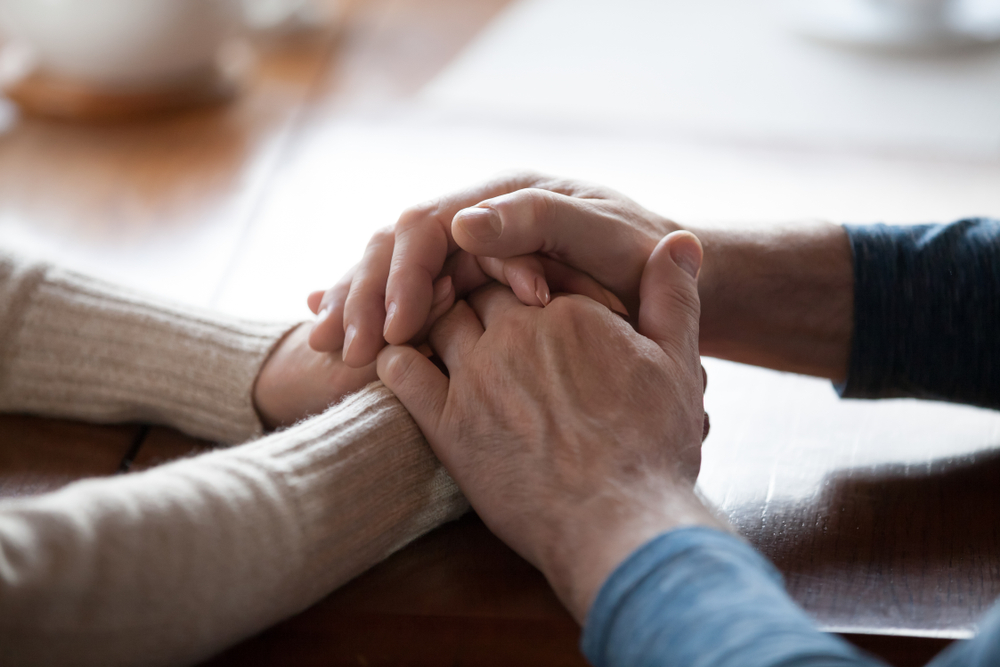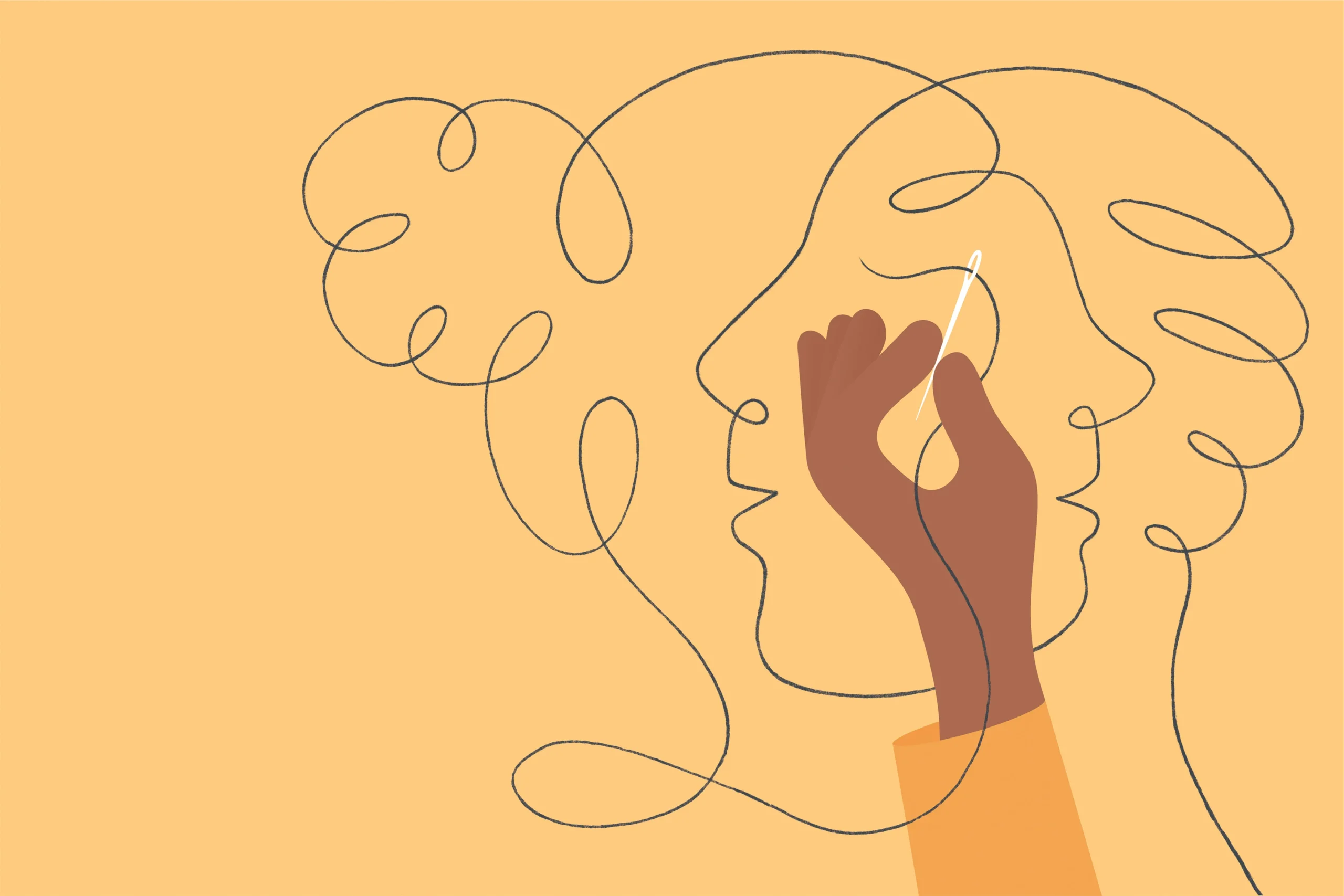The Empathy Gap: How I Learned to Truly Connect in a “Me-First” World
Picture this: I’m stuck in traffic, late for a meeting, when a guy cuts me off. My instant reaction? “JERK! Learn to drive!” 🚗💨 Sound familiar? We live in a world where algorithms feed our biases, headlines scream division, and “self-care” can accidentally become “self-obsession.” But what if I told you there’s a secret weapon to cut through the noise? Empathy—not just “being nice,” but a learnable superpower that rewires your brain and heals relationships. Here’s how I went from judging strangers to understanding them (without losing my sanity).
Empathy Isn’t Soft—It’s Survival 2.0
Let’s get real: Our brains are lazy. They love shortcuts. When someone annoys us, it’s easier to label them (“rude,” “entitled”) than to wonder why. But evolutionarily, empathy kept tribes alive. If you couldn’t read your hunter-gatherer buddy’s fear, you both got eaten by saber-toothed tigers 🐅. Today? That “empathy muscle” is buried under notifications and outrage.
Neuroscience proves it’s still there: When we truly try to understand others, our mirror neurons fire up, syncing our emotions with theirs. Studies at UCLA show this reduces cortisol (stress hormone) by up to 23% and boosts oxytocin (the “bonding” hormone). Translation: Empathy isn’t self-sacrifice—it’s self-care.

The 3 Faces of Empathy (Hint: You’re Probably Missing One)
Not all empathy is equal. Psychologists break it down:
| Type | What It Is | Real-Life Example |
|---|---|---|
| Cognitive | Understanding someone’s perspective | “My coworker snapped because her kid’s sick” |
| Emotional | Feeling with someone | “Your grief over your dog hits my heart” 💔 |
| Compassionate | Understanding + feeling + acting | “I’ll cover your shift so you can grieve” |
(Sources: APA on Empathy Types, Greater Good Breakdown)
Here’s my confession: I was stuck at cognitive empathy for years. I’d get why people suffered, but kept emotional walls up. Then my friend said: “You analyze my pain like a math problem.” Ouch. 😳
Why We’re All Becoming Empathy Zombies (And How to Fight Back)
Blame it on:
-
Digital echo chambers: Social media feeds our biases (Stanford study shows it reduces perspective-taking by 40%).
-
Hustle culture: Racing to achieve leaves little mental space for others.
-
Empathy fatigue: Overwhelming news makes us numb (“Just another tragedy”).
But here’s the kicker: Empathy is a skill, not a fixed trait. Like a muscle, it weakens without exercise. The good news? Even 10 minutes a day rebuilds it.
My “Empathy Bootcamp” Experiment
After my friend’s wake-up call, I tried 30 days of radical empathy. The rules:
-
The “Why?” Pause: When annoyed, ask “What pain might cause this?” (That traffic guy? Maybe he’s rushing to the hospital).
-
Conversation Kung Fu: Listen to understand, not reply. Nod. Paraphrase. “So you felt ignored when…”
-
The Stranger Challenge: Once daily, imagine a passerby’s life story (that tired cashier? Single mom studying nights).
Week 1 felt like mental gymnastics 🤸. Week 3? Magic. My barista started giving me free muffins. My partner said “You feel… present.”
The Science-Backed Hacks That Actually Work

No time for bootcamp? Try these micro-practices:
🔹 The 4-Second Rule
Before reacting, breathe for 4 seconds. Ask: “What’s their unmet need here?” (Validation? Safety? Rest?). Brené Brown calls this the “empathy pause.”
🔹 Ditch the “But”
Swap “I get you, BUT…” with “AND.” Example:
-
“You’re stressed about work AND I’m overwhelmed too—let’s vent together.”
This avoids invalidation (proven to deepen trust by Psychology Today).
🔹 Body Double (My favorite!)
Mimic the other person’s posture subtly. Sounds wild, but a Harvard study found mirroring body language boosts mutual understanding by 30%.
When Empathy Feels IMPOSSIBLE (Dealing with “Them”)
What about people who hurt us? Bigots? Exes? Here’s the game-changer: Empathy ≠ agreement. You can understand someone’s pain without endorsing their actions.
During a family feud, I asked my uncle: “What scares you most about my choices?” He admitted: “Losing you like I lost Dad.” I still disagreed, but my rage dissolved. As empathy expert Dr. Helen Riess says, “Curiosity is the antidote to contempt.”
The Ripple Effect You Didn’t See Coming
Here’s the secret no one tells you: Empathy is contagious. When you model it, others mirror you. A University of Plymouth study showed witnessing an act of empathy makes observers 47% more likely to act kindly later. Your small gesture could spark a chain reaction!
Your Turn: The 7-Day Empathy Challenge 🌱
Ready to rewire? Start tonight:

-
Listen like a detective: Next conversation, focus 100% on their words/body language.
-
Ask one “Deeper Why”: “What made that so important to you?”
-
Reframe one annoyance: “That rude driver might be having the worst day of his life.”
No grand gestures. Just practice noticing the human behind the behavior.
Over to You: Who’s one person you’ll try to understand deeply this week? Share below—let’s normalize empathy! 👇
Feeling inspired? Dive deeper:
Remember: In a world that profits from division, empathy is your rebellion. ✊💖
You should also read these…
- surgeblog.com – how to use a wheel spinner for instant fun and fai
- getaluck.com – valorant microphone not working voice problems
- beofme.com – issues with sponsored content on tiktok and solvin
- godwig.com – the guide to turning chores into fun
- tugmen.com – tiktok watch history missing reasons and solving m
- soturk.com – daily affirmations to improve self esteem
- noepic.com – gresspo europa gmbh ihr spezialist fur professione
- surgeblog.com – inspiring ideas for decorating with pe foam
- beofme.com – the ultimate wheel of names trick you need to try
- axtly.com – you will be surprised to hear the uses of pe foam
